
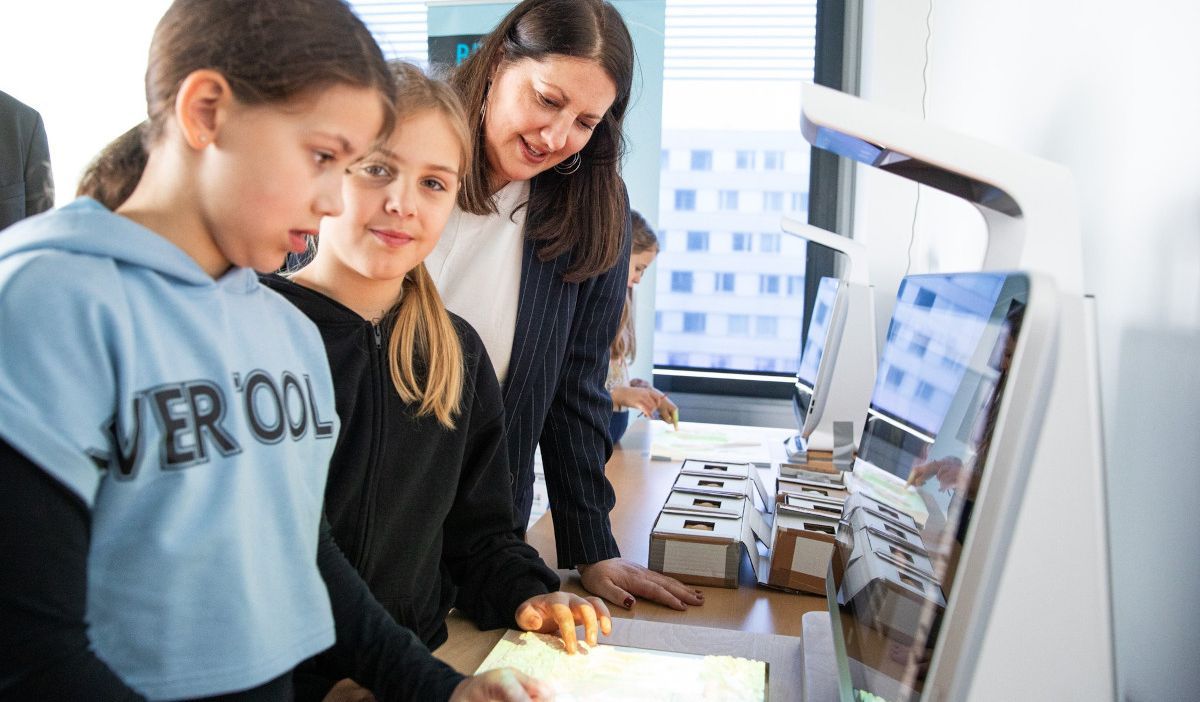
On Daughters' Day 2024, VRVis welcomed two primary school classes and Vienna's Deputy Mayor Kathrin Gaál
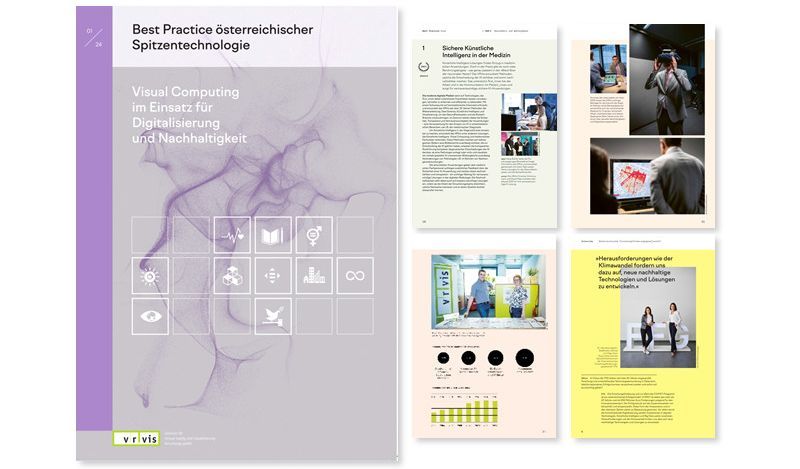
New VRVis brochure provides best practice examples of Austrian cutting-edge technology.
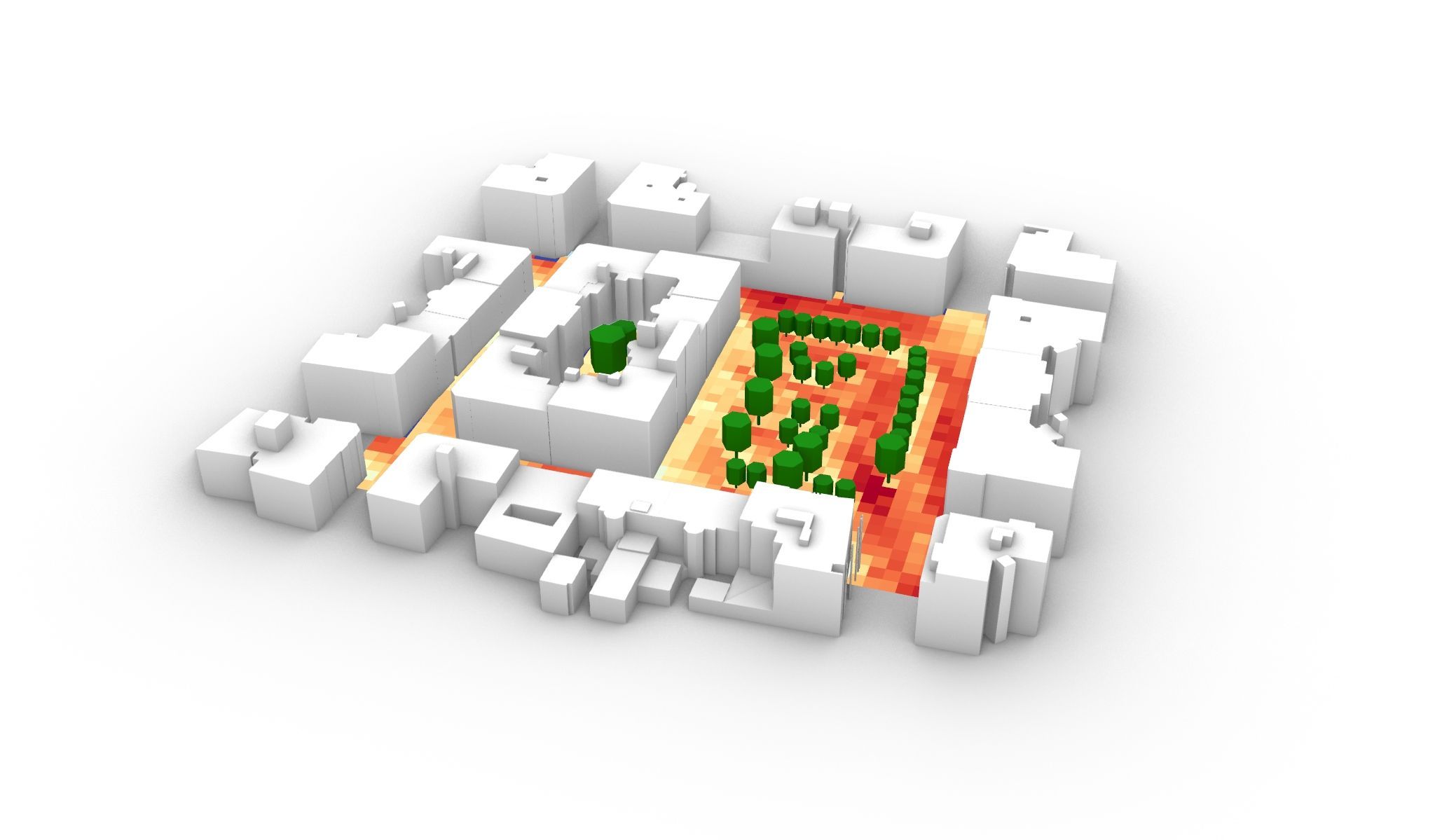
The advent of smartphones or GPS has revolutionized the landscape of research projects, enabling broader participation from individuals outside scientific institutions. Through these tools, people can engage as citizen scientists regardless of their location or the time of day. Visualization provides additional support.
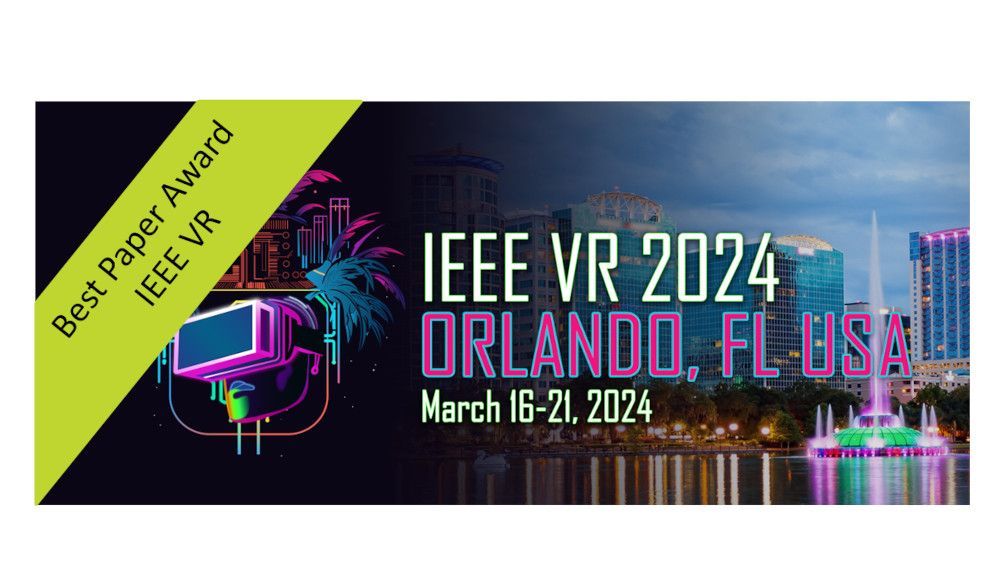
Johannes Novotny receives the Best Paper Award of IEEE VR 2024.
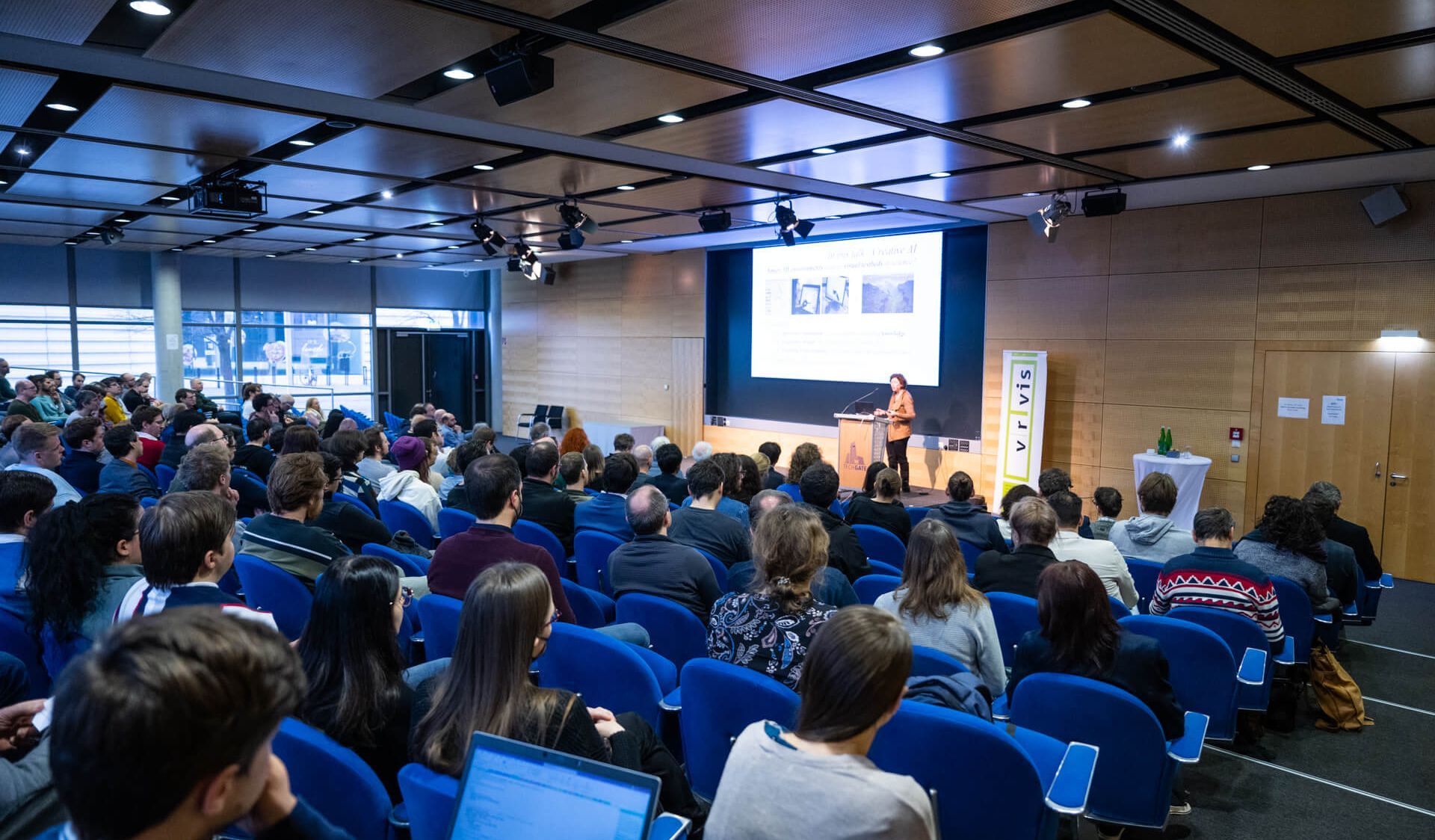
VRVis, TU Wien und Masaryk Universität organisieren gemeinsam die IEEE VIS 2025 Konferenz erstmalig in Wien.
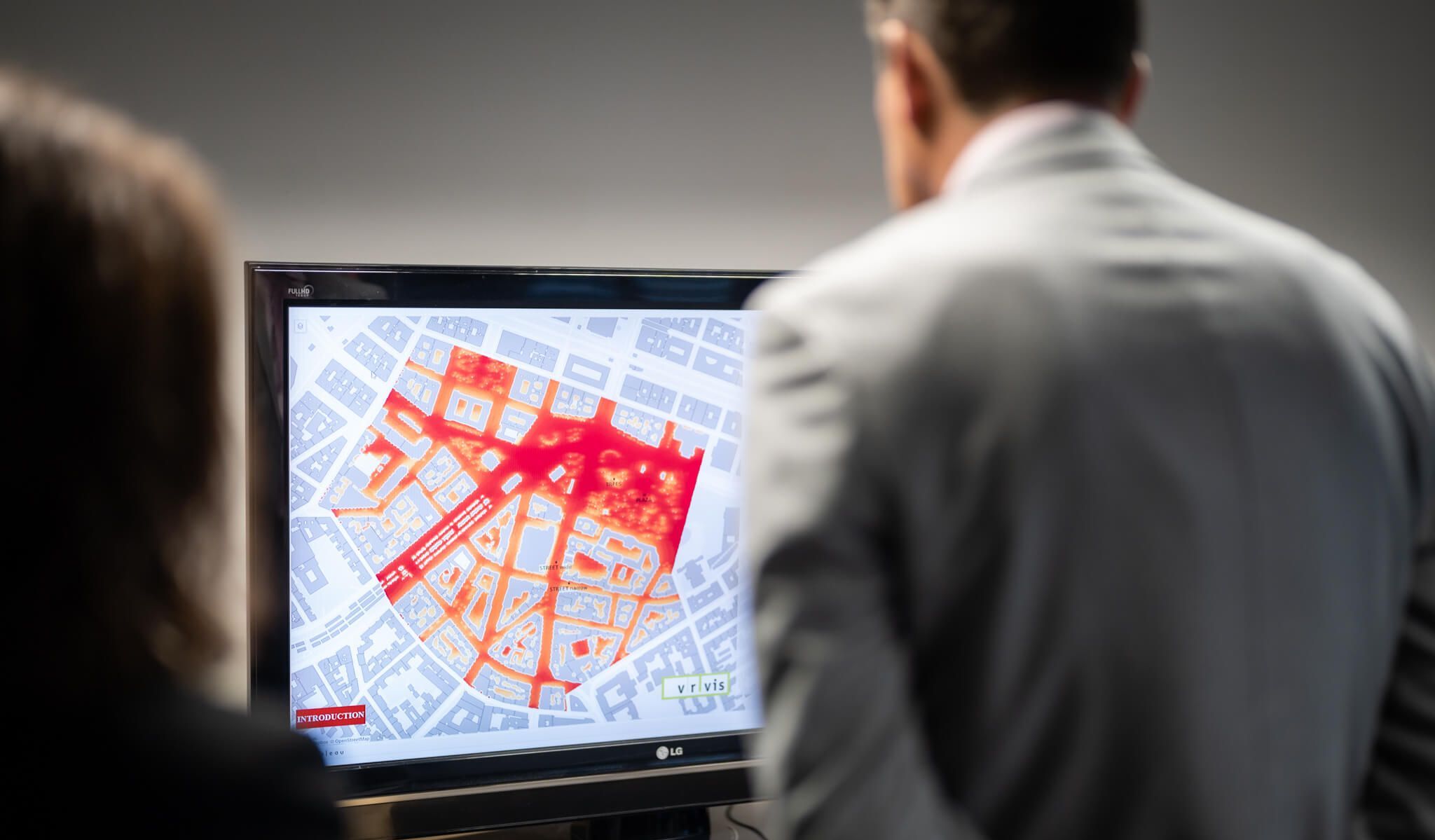
VRVis increases climate resilience of cities with new basic research project on coupled modeling of microclimate, hydrology and air pollution.
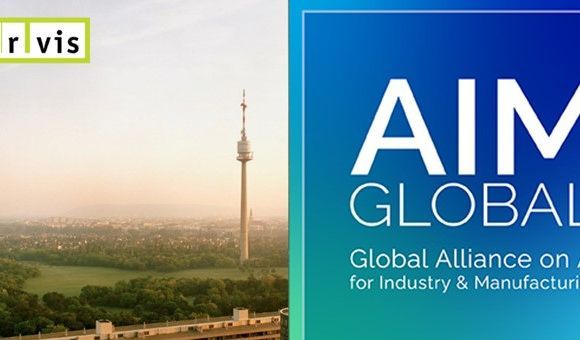
VRVis has joined AIM Global, the Global Alliance on Artificial Intelligence for Industry and Manufacturing. This strategic collaboration reflects the institution´s commitment to advancing safe, sustainable, and inclusive use of AI in industry and manufacturing.
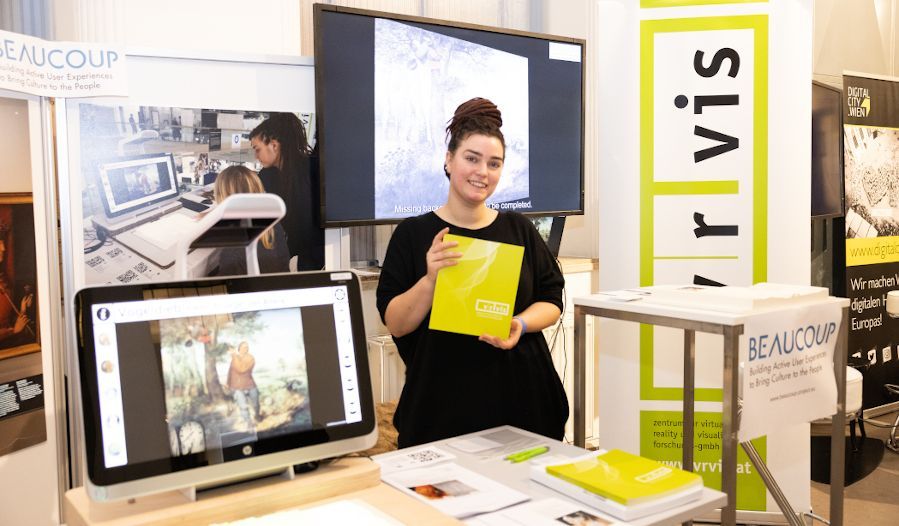
On November 20 and 21, 2023, the City of Vienna once again hosted the Digital Days, this time at the Technical Museum. VRVis was present there with a lecture, a workshop and in the exhibition.
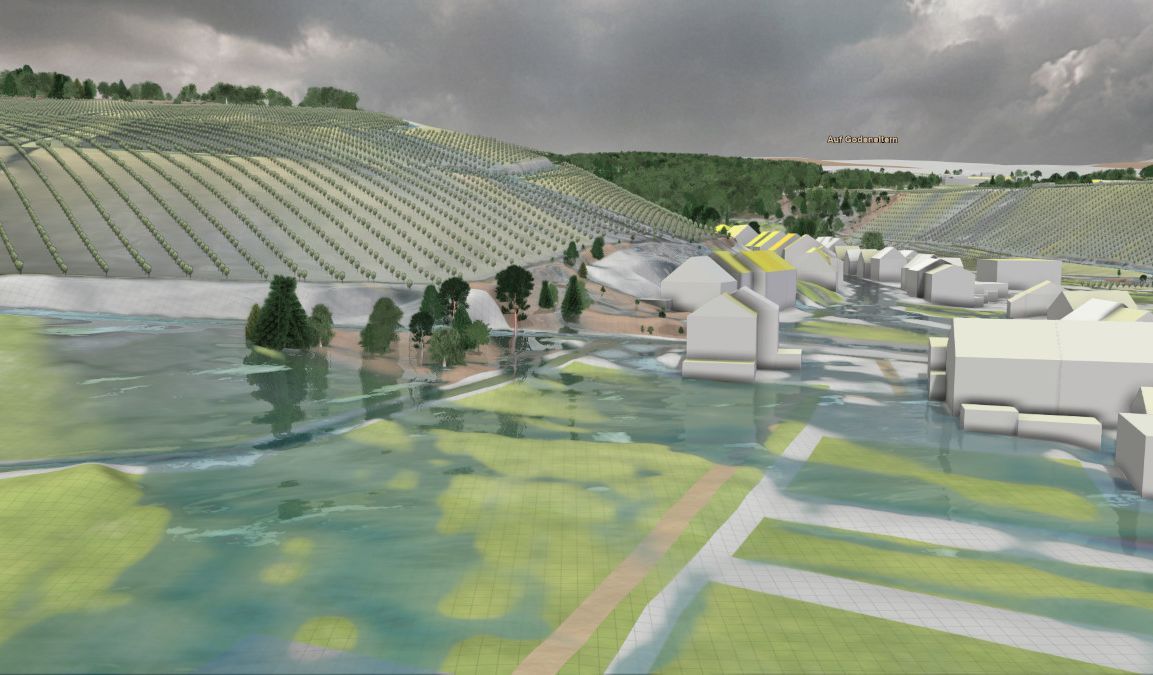
VRVis supports the german state of Rhineland-Palatinate with hydrodynamic modeling and visualization expertise in regards to heavy rain and flood prevention.
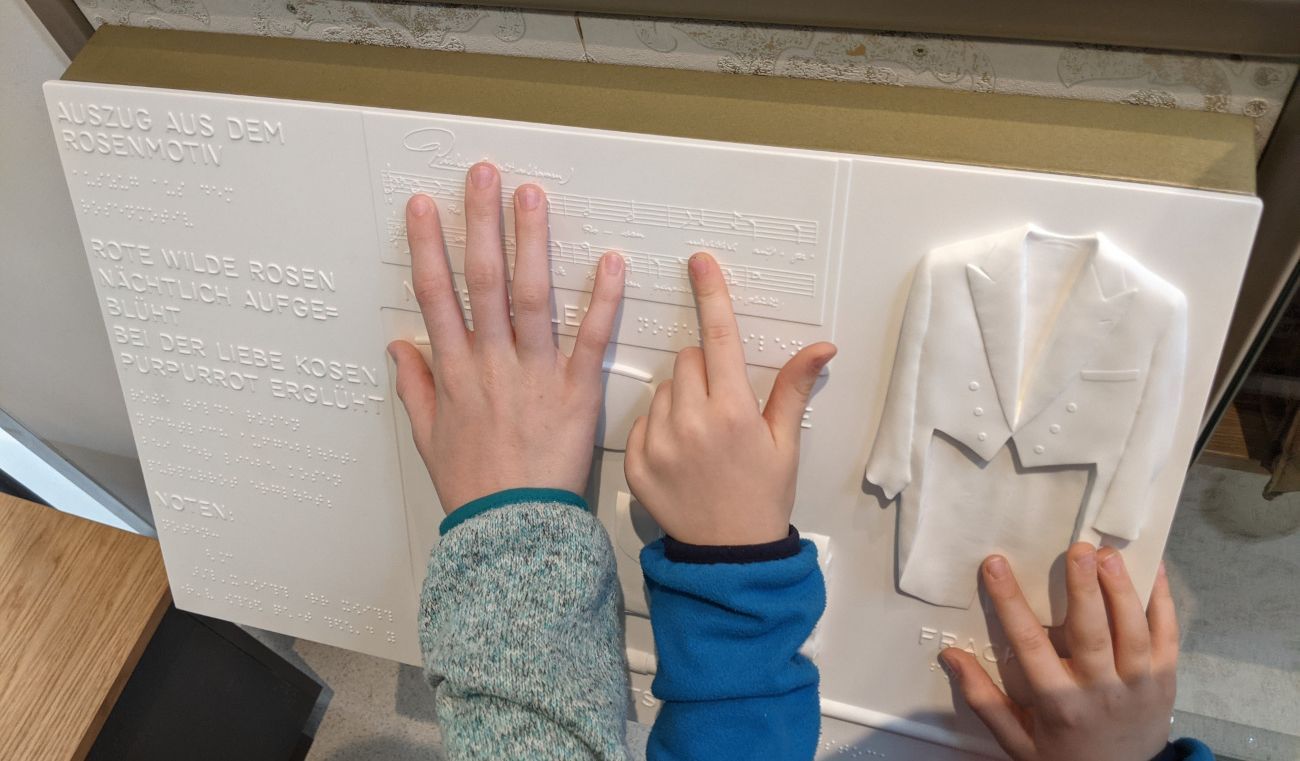
The museum for Robert Stolz in Graz wants to create access to the music and life of the artist for all people. Thus, in order to make some of his personal objects touchable and tangible, VRVis researcher Andreas Reichinger has implemented a tactile relief.
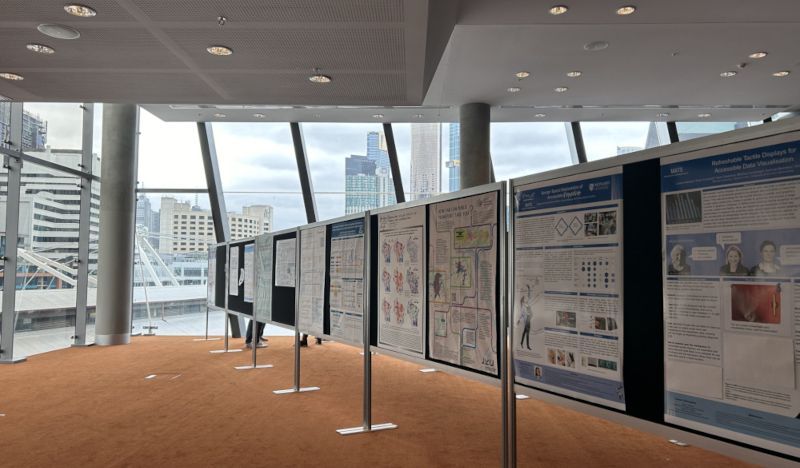
The IEEE VIS was held in Melbourne this year and took place in the southern hemisphere for the first time. Johanna Schmidt and Kresimir Matković represented VRVis with a talk, a capstone talk and several papers.
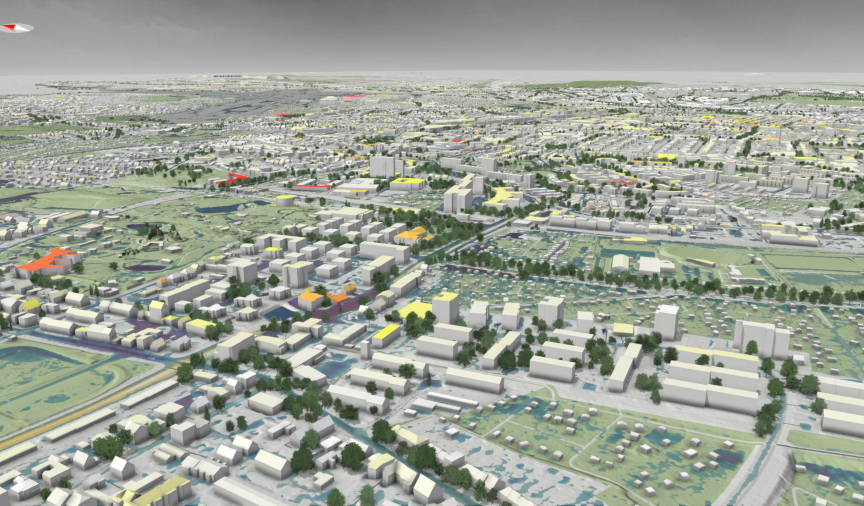
On October 4, 2023, VRVis research partner Hamburg Wasser published the first four parts of the open-access heavy rainfall hazard map for the city. The simulation model for it is based on the software tool Visdom.